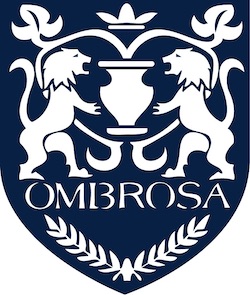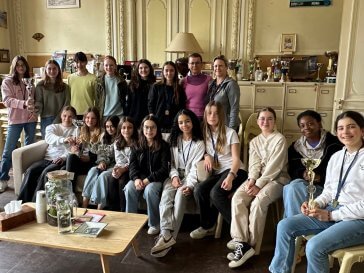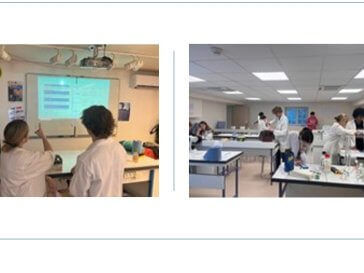
What better example of a ‘Classroom without Walls’ than Venice? It was this thought in mind that I was pleased to set about organising a field trip for the historians in this year’s IB Premiere and 2nde Pre-IB classes.
September 2008 saw a new IB History syllabus introduced and both pupils and teacher were happy to bid adieu to the twentieth century and its diet of wars and dictatorships and other various horrors. For, as of the first examinations in 2010, IB historians are now able to study Medieval and Renaissance Europe. A large and forbidding topic certainly but one of the great virtues of the IB programme is its relative suppleness: one can pick and choose topics without losing intellectual rigour.
Venice therefore proved an excellent quarry for finding out about such matters as how the city evolved and why. Here a visit to Torcello well evoked the atmosphere of those early refugees from the wrath of Attila and his epigoni. Then there is the question of governance and where better to consider that topic than the Doge’s palace itself; a visit to the prisons alone would be enough to impress the visitor with the plenitude of Venetian power. And what of the way in which the burghers of Venice attempted to organise themselves? Here a visit to one of the confraternities is essential and where better than San Rocco for here it is possible not only to receive some idea of the importance and the means of such a confraternity but also to feast one’s eyes upon the glories of Tintoretto. And yes, the new syllabus does creep into the Italian Renaissance, not that any excuse is ever needed for an introduction, even a scrutiny, of some of the great Venetian Masters.
Not to be forgotten was a talk given by one of our pupils on the works of one whom Ruskin called the ‘Great Tintoret’ at the church of Madonna dell’Orto in Cannaregio. This indeed was one of the especial delights for me, as leader, of our ‘voyage d’etudes’, namely that it wasn’t simply down to me to wax lyrical about each and every hallowed site we saw. Far from it: every pupil had one famous site to describe and explain – and how well they launched into their task! Well done everybody and thank you – you were an excellent group to lead!
Paul Aston, IB History teacher, March 2009




